The intricate dynamics between U.S. and European pharmaceutical industries are being significantly reshaped by a new wave of nationalism and anti-pharmaceutical sentiments emerging in the United States. A pivotal figure in this movement is Robert F. Kennedy Jr. (RFK), who has been nominated as Secretary of Health. His position raises numerous concerns for European pharmaceutical companies, particularly in relation to market competitiveness and pricing strategies. With established giants like Novo Nordisk and Roche facing a cumulative market value drop of $86 billion, the implications of RFK's agenda are becoming ever more pertinent.
In a climate of escalating distrust toward pharmaceutical corporations, especially concerning vaccines, RFK's sentiments resonate widely. His public comments suggest a reduction in drug prices through legislative action, implicitly targeting the pharmaceutical practices that allow for such stark price disparities across the Atlantic. For instance, he pointed to Novo Nordisk's diabetes medication Ozempic, which is sold at a fraction of the U.S. price in Germany. Such assertions pose a direct threat to European companies that profit from the high prices justified by necessary research funding and development costs. The potential for more rigorous regulation and price control could dramatically alter the fiscal landscape for these companies.
The concern extends beyond just pricing. There's a looming threat of new tariffs being imposed on drug imports, which could severely compromise the competitiveness and profitability of pharmaceutical companies operating in the U.S. market. In 2023 alone, the EU exported approximately 33% of its medicines to the U.S., historically one of the most lucrative markets for pharmaceuticals. The introduction of tariffs ranging from 10% to 20% could mean significant alterations in cost structures, effectively eating away at already thin profit margins and prompting companies to reconsider their business models.
In this uncertain scenario, one could argue that the keys to remedying these issues lie within a radical shift towards "Americanization." The European pharmaceutical sector might need to localize production within the U.S. to escape the impending tariffs. Although this may seem a daunting task in the short run, significant investment commitments coupled with establishing new operational sites could sway government favor towards European firms, potentially greasing the wheels for smoother operations in what is becoming a more protective market.
Amid the challenges posed by RFK's policy directions, mergers and acquisitions might emerge as a strategic lifeline for European companies, enabling them to alter their revenue foundations fundamentally instead of only scaling up production capabilities. Securing major acquisitions of rapidly expanding American biotech firms could help European companies navigate the tumultuous landscape. Transitioning headquarters or moving high-level executives stateside may soon become a strategic move as these giants seek to affix themselves more firmly in a country that could very well be their primary battleground.
Interestingly, companies that have historically been perceived as more attuned to the European market may stand to gain the most from shifting their focus. Novartis, for instance, finds itself at the peak of the European market curve and may see limited growth opportunities in their traditional territories. Thus, the drive toward the U.S. market is not merely a function of tariff evasion; it might represent a strategic pivot to ensure sustained growth in the longer term.
Investor sentiment highlights a complex juxtaposition. Despite concerns regarding RFK's potential reforms, American pharmaceutical stocks often display higher valuations than those of their European counterparts—an indication that investors still perceive the American market as a vibrant opportunity for growth. For example, in the competitive obesity treatment sector, Eli Lilly boasts a price-to-earnings ratio of 34, while Novo Nordisk stands at 27. Similarly, anticipated P/E ratios reveal AstraZeneca and Novartis at 14 and 13, respectively, in contrast to AbbVie, an Illinois-based firm, which anticipates a 15 P/E ratio. Such delineations suggest that the perceived risk associated with RFK's policies hasn't yet significantly dampened investor enthusiasm for American pharmaceutical growth prospects.
On a broader scale, however, the unpredictability surrounding potential tariff implementations and drug pricing reforms casts a veil of uncertainty over the global pharmaceutical stage. The reactions that may cascade through other regions as a result of U.S. policy changes remain to be seen. But as apprehensions grow about European pharmaceutical firms’ capacities to navigate these turbulent waters successfully, the case for redirecting focus toward the more hospitable American market strengthens.
In conclusion, as RFK’s ethos—centered on nationalism and a growing skepticism against pharmaceutical entities—gains traction, the consequences for European pharmaceutical giants are manifesting in real-time. The evolving narrative of drug marketing practices and international pricing strategies signals a potential paradigm shift requiring robust adaptability from European firms. Their strategic reorientation towards a more American-centric posture may very well define their routes to survival and growth in the coming years as the industry confronts an increasingly unpredictable landscape.
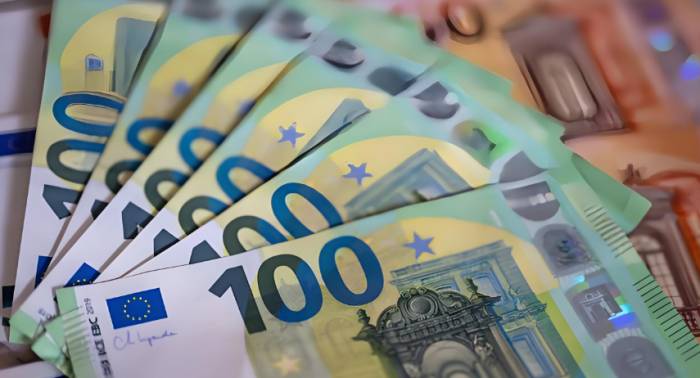

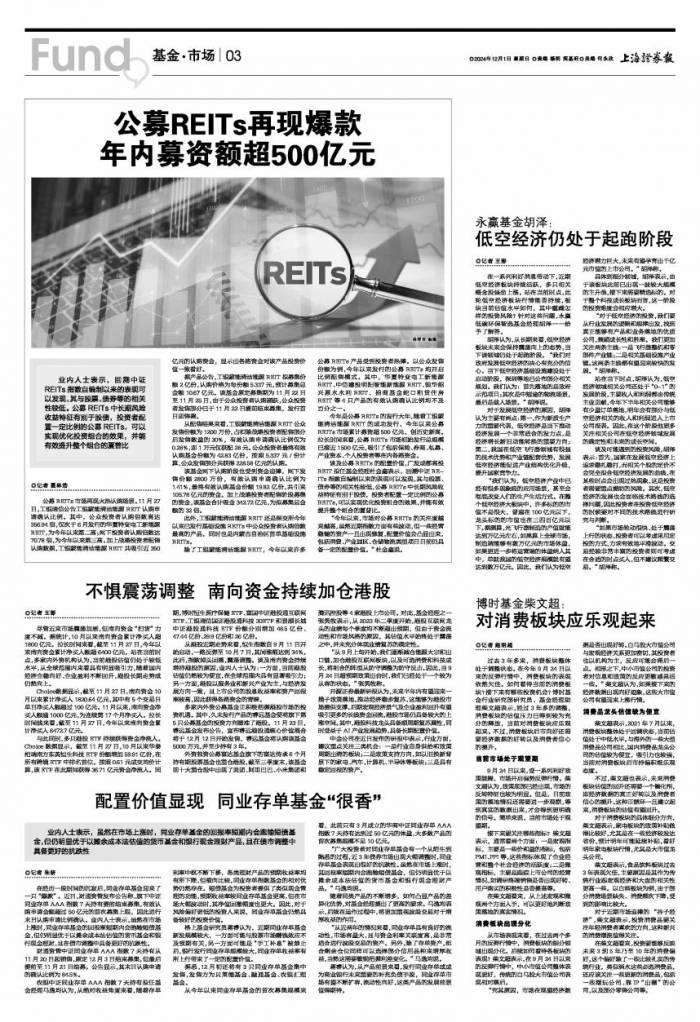


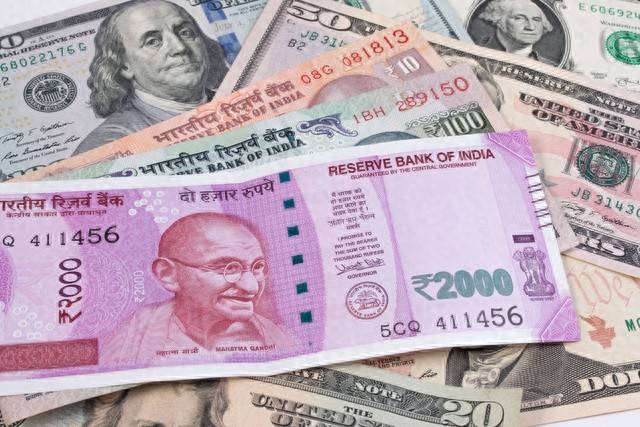



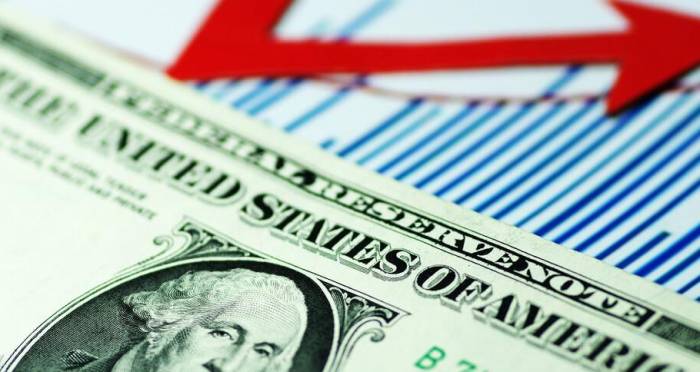




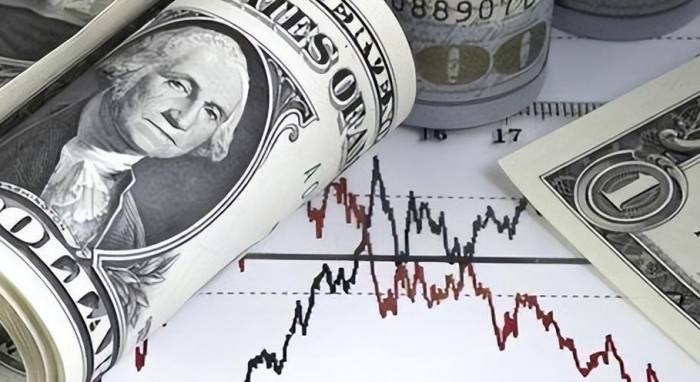








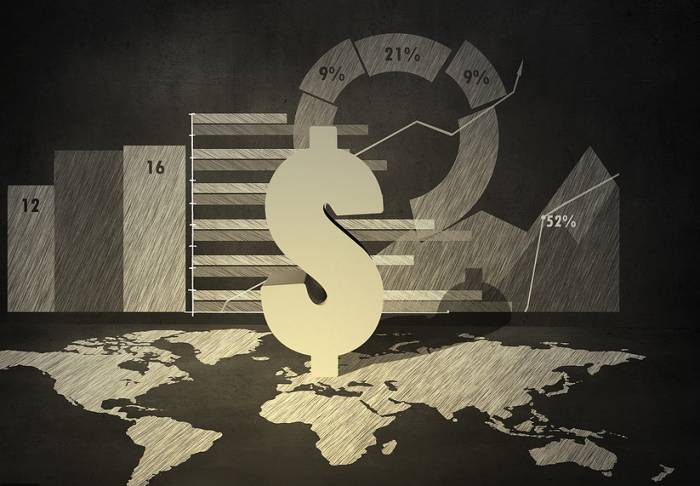




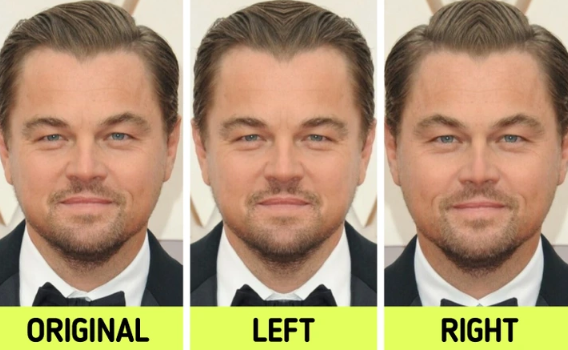

Leave a Comment